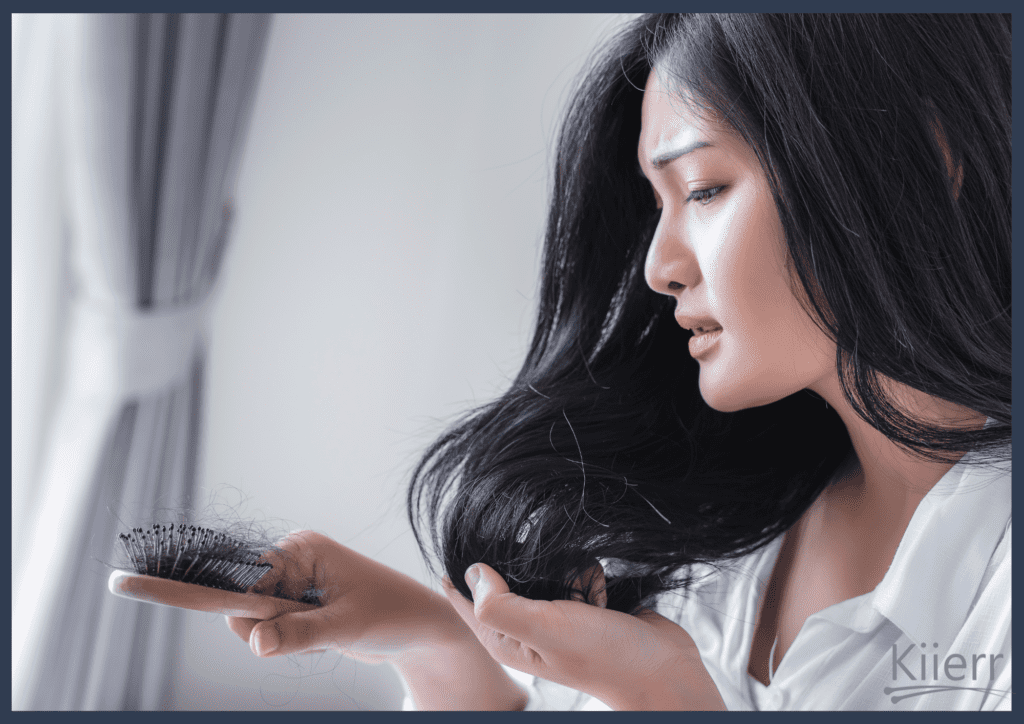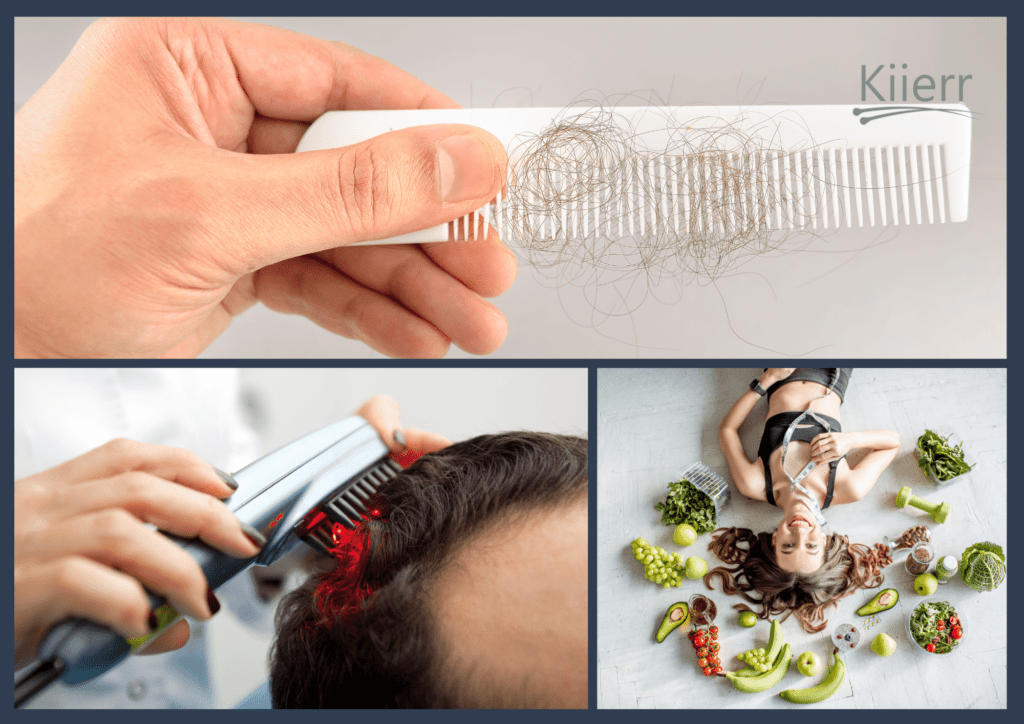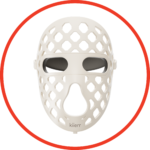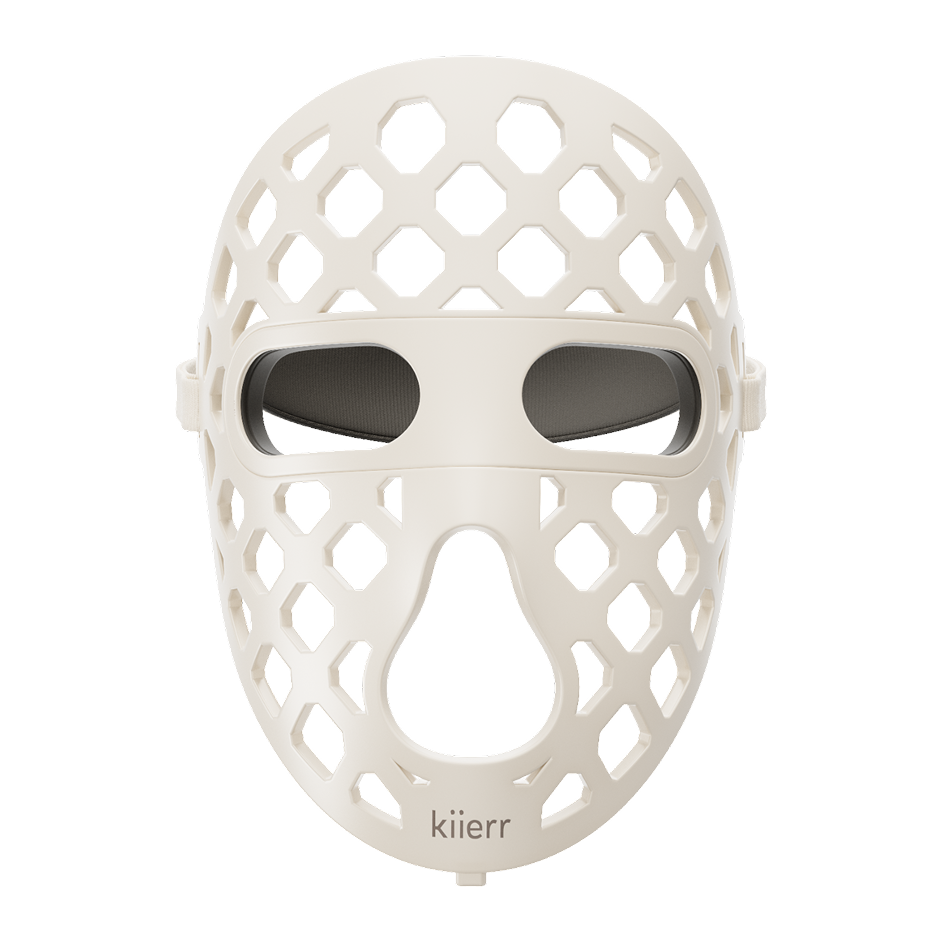Add items to get a Free Gift!
Fun Facts About Hair, Hair Growth Tips
Hair Loss Can Lead to Extreme Mental Stress—Here’s What You Can Do to Overcome It
Millions of men and women all over the world suffer from hair loss. Unlike normal hair shedding — where people lose 50-100 strands of hair each day — hair loss is unexpected and rapid. Hair loss patients shed more than 125 hairs per day, and not enough hairs grow back to restart the growth cycle. Aside from hair thinning, patients may see bald spots appear all over the scalp, or experience total full-body hair loss.
Some causes of sudden hair loss include certain medical conditions or medications, but one of the most prevalent causes is stress. When the body is stressed, your blood and energy are redirected towards vital organs like your lungs, heart, and brain; this means your scalp does not receive enough nutrients to support healthy hair growth. Unfortunately, chronic hair loss can lead to further mental stress and low self-esteem, which can begin a vicious cycle.
Table of Contents
How Hair Loss Causes Mental Stress

Hair loss is not a life-threatening phenomenon, but it does have the potential to create psychological effects like stress, anxiety, depression, low self-esteem, antisocial personality disorder, post-traumatic disorder, and other emotional issues.
The problem is a cultural one. For centuries, a full head of hair has been a common measure of beauty, youth, and health around the world. Among men, hair is tied to ideas of strength and virility — like Samson in the Bible — while it is considered a sign of femininity among women. Moreover, hair is a prominent physical feature. When hair loss occurs, it’s often obvious so it becomes a source of embarrassment or shame.
This aspect of hair loss can trigger a psychological breakdown, as it creates an exaggerated feeling of ugliness and appearance-related anxieties. Many people who suffer from hair loss end up withdrawing from relationships and avoiding socialization. Their quality of life also suffers, and they end up neglecting to take care of themselves as a reaction to hair loss.
Tips to Overcome Hair Loss-Related Stress

While society has begun to slowly erase the stigma associated with balding and hair loss, we still have a long way to go. It also takes time and care for patients to regain their confidence and overcome extreme mental stress. Here are three tips that can help:
1. Build healthy habits
The good news is that mental stress and hair loss can both be mitigated by healthy habits. A balanced diet, coupled with exercise, can help reduce hair fall — while keeping your brain and body in shape. Foods like fatty fish and walnuts contain omega-3, which can help with hair regrowth and combat mood disorders.
Research on hair loss in women also recommends improving sleep quality and avoiding alcohol consumption to prevent hair loss from deteriorating further. Plus, these habits can help you maintain your well-being in the long run too.
2. Consult a psych professional
The mental stress and emotional impact of hair loss may prevent you from living your life; patients report psychosocial burdens such as helplessness, anger, frustration, and depression that lead to social isolation. In these cases, talking to a psychologist or psychiatrist may be the best course of action — and fortunately, many of them are more accessible today through telehealth arrangements.
Those with professional psychology credentials can help manage extreme stress since they’re trained in the biological, social, and clinical aspects of human behavior. This allows them to create a comprehensive mental and behavioral healthcare program for patients experiencing stress. Talking to a psych professional can help you understand your problems and devise ways to cope.
3. Try low-level laser therapy
The best solution to hair loss-related mental stress is to address the root of the problem: growing your hair back. Low-level laser therapy (LLLT) is a popular treatment in the market right now; it uses tools that help regenerate your hair follicles by stimulating the tissues in the scalp for increased energy and blood flow.
A literature review on LLLT devices found that these tools are safe and effective for treating pattern hair loss in both men and women. One such tool is the Kiierr Laser Cap, an effective and FDA-approved LLLT device. By putting on the Kiierr Laser Cap for 30 minutes every other day, you can regrow thicker, healthier hair in just a few months.
About the Author:

Stephanie Bowser is passionate in all things self-care, which helped kickstart her research on the topic. When she’s not exploring the latest trends for health and wellness, she spends most of her time going on long walks and hikes.

 LASER CAPS
LASER CAPS




 Beauty Products
Beauty Products





 Daily Deals
Daily Deals RESULTS
RESULTS


